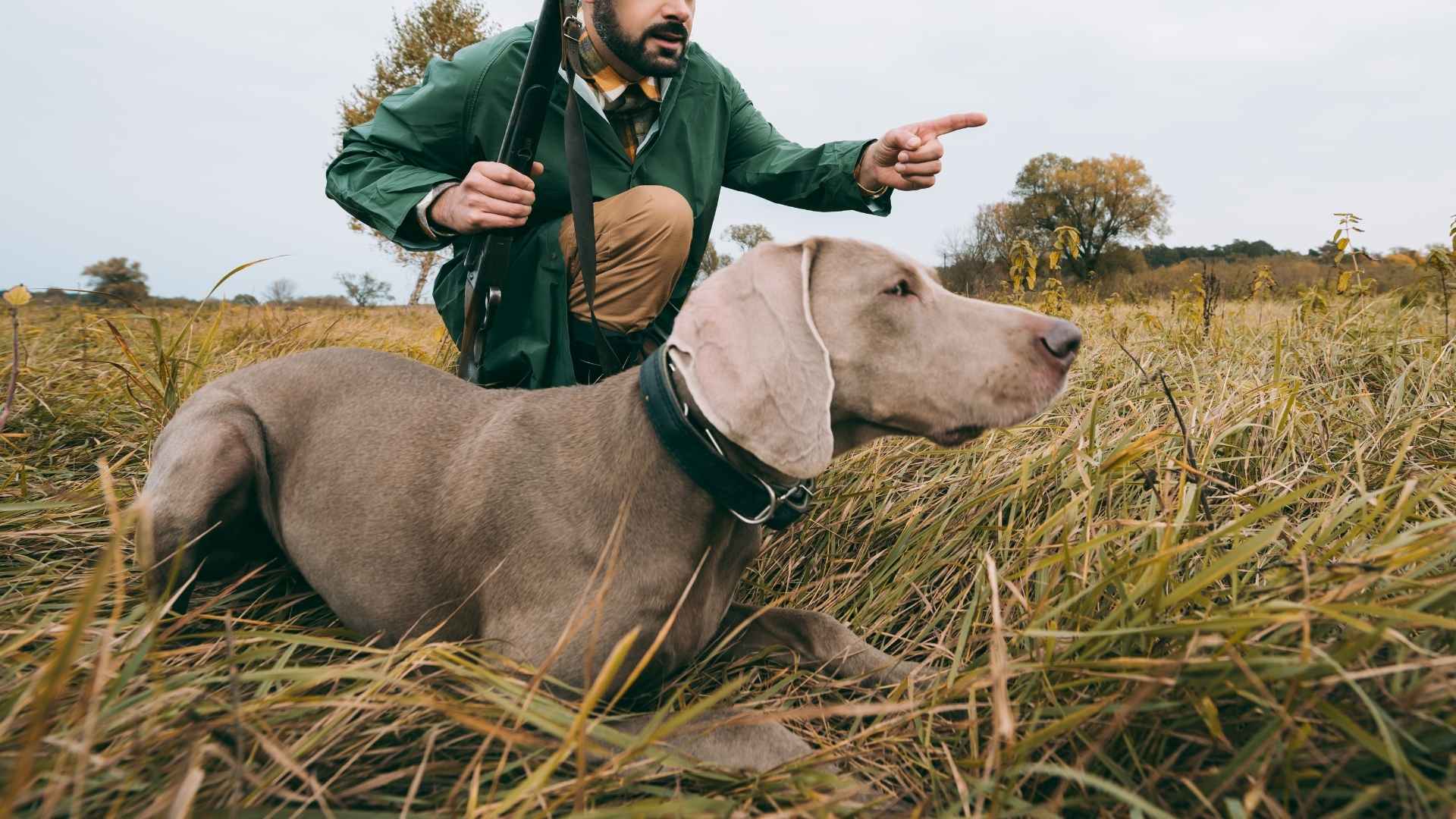That moment when your hunting companion locks onto a scent or perfectly retrieves a downed bird, it’s what every hunter dreams of. But the thing that gets most folk twisted up is that not every hunting dog breed is created equally when it comes to training.
Some gun dogs take instructions like a duck in water, while other breeds. Well, they’ll just test your patience until you’re ready to throw in the towel. The difference between a frustrating hunting trip and an unforgettable one often comes down to choosing the right breed.
What makes certain hunting dogs so much easier to train than others? It’s all about that sweet spot where instincts meet an eager-to-please attitude. These versatile hunting dog breeds don’t just want to hunt. They want to work with you, not against you.
Did You Know This About Hunting Dogs?Scent Hounds use their incredible noses to track animals by smell, often barking to signal hunters when they’re on the trail, like Coonhounds do. Lurchers are specially bred hunting dogs that mix sight hounds with working breeds like Terriers or Sheepdogs for enhanced hunting abilities. Gun Dogs (also called Bird Dogs) help hunters with shotguns and include three main types: retrievers, flushing spaniels, and pointing breeds. Retrivers specialize in fetching shot game, especially waterfowl, using their excellent swimming skills and gentle “soft mouths” that don’t damage the retrieved animals. |
Easy to Train Hunting Dog Breeds
1. Golden Retriever
They were originally bred in Scotland back in the 1860s by Lord Tweedmouth, who was dead set on creating the perfect waterfowl hunting dog. He crossed a yellow Retriever with a Tweed Water Spaniel, and after decades of careful breeding, we got these incredible duck hunting machines.
They’re natural hunters who excel at retrieving skills, but they’re also the kind of dog that’ll happily curl up on your couch and be affectionate after a long day in the field. Their thick coat keeps them comfortable in cold water, and their soft mouth means they’ll bring back your birds without a single mark.
Why is the Golden Retriever a Good Breed For Hunting? |
|---|
|
2. Labrador Retriever
Now, let’s talk about what sets Labrador Retrievers apart in the food department. These dogs are notorious for being chowhounds, which works in your favor during training. Their food motivation is off the charts, making them incredibly responsive to treat-based training methods.
But here’s the catch – you’ve got to watch their portions like a hawk, or you’ll end up with a chunky Lab who can’t keep up in the field.
The AKC notes that Labs were built for water: their “otter tail” acts like a rudder, webbed feet help them glide through water, and their dense waterproof coat keeps them warm even in the icy waters of Newfoundland, where they originated.
Temperament-wise, Labs are the golden standard for family pets that double as hunting partners. They’re hunting dogs but, surprisingly, gentle enough to trust around kids, but they’ve got the drive and stamina to work hard when it’s time to get serious.
Why is the Labrador Retriever a Good Breed For Hunting? |
|---|
|
3. German Shorthaired Pointer
The German Shorthaired Pointer comes from a pretty fascinating background. They were developed through crossbreeding with the Old Spanish Pointer and later the English Pointer to improve agility and hunting skills.
Their short coat sheds year-round, but a quick brush once or twice a week keeps things under control. They don’t have the double coat, which means less fur flying around your house, but also means they’re not as well-suited for frigid water retrieval work.
Exercise needs? Let’s just say these dogs could probably run a marathon and still be ready for more.
These versatile hunting dogs excel as both pointing dogs and retrievers, making them ideal for hunters who pursue different types of game. They’re especially brilliant at upland bird hunting, where their natural pointing instincts shine.
Why is the German Shorthaired Pointer a Good Breed For Hunting? |
|---|
|
4. Chesapeake Bay Retriever
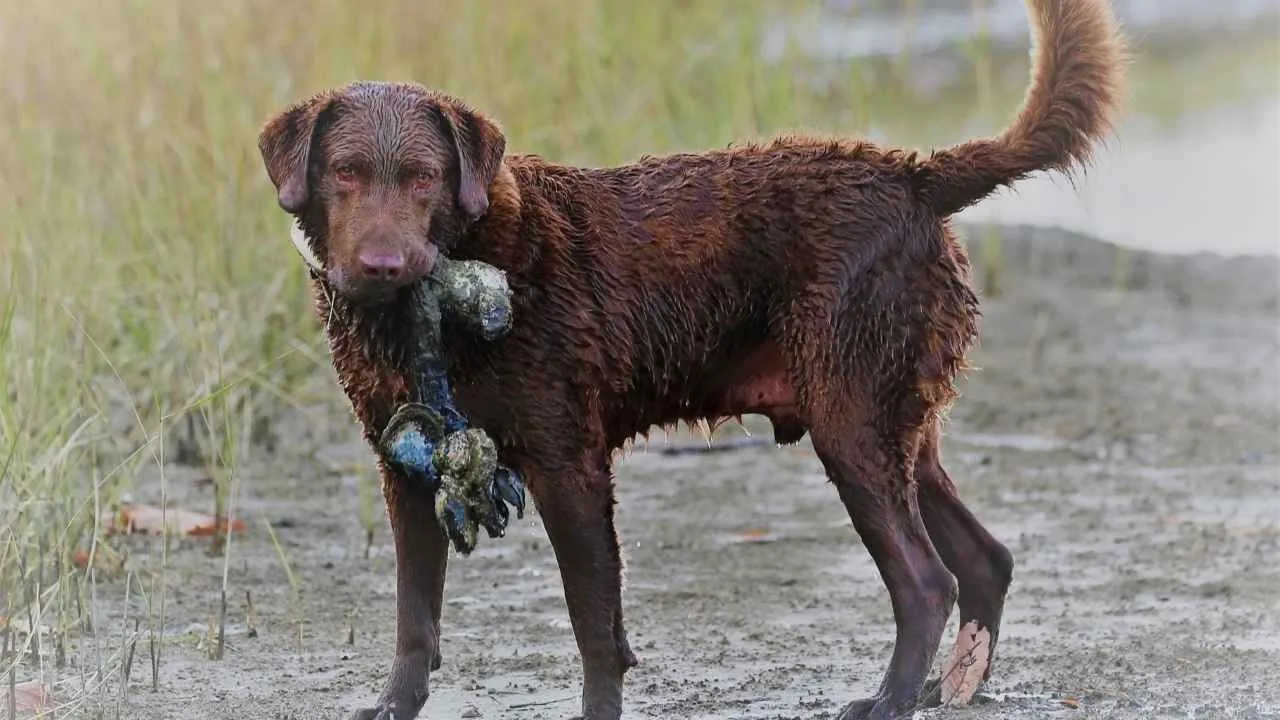
These dogs are smart as whips, and they get bored faster than a kid in a waiting room. Mental stimulation is just as important as physical exercise with Chessies. Puzzle toys, scent work, and varied training exercises keep their minds sharp and prevent destructive behavior.
According to Purina, the Chesapeake Bay Retriever is so tough and driven that one was reported to have retrieved over 300 ducks in a single day, undeterred by icy waters or heavy seas.
The key to entertaining a Chesapeake Bay Retriever is variety. They love having a job to do, whether it’s retrieving training, dock diving, or even agility work.
Many Cessie owners swear by rotating activities – maybe Monday is water retrieval practice, Wednesday is tracking work, and Friday is a good old-fashioned game of fetch in the yard.
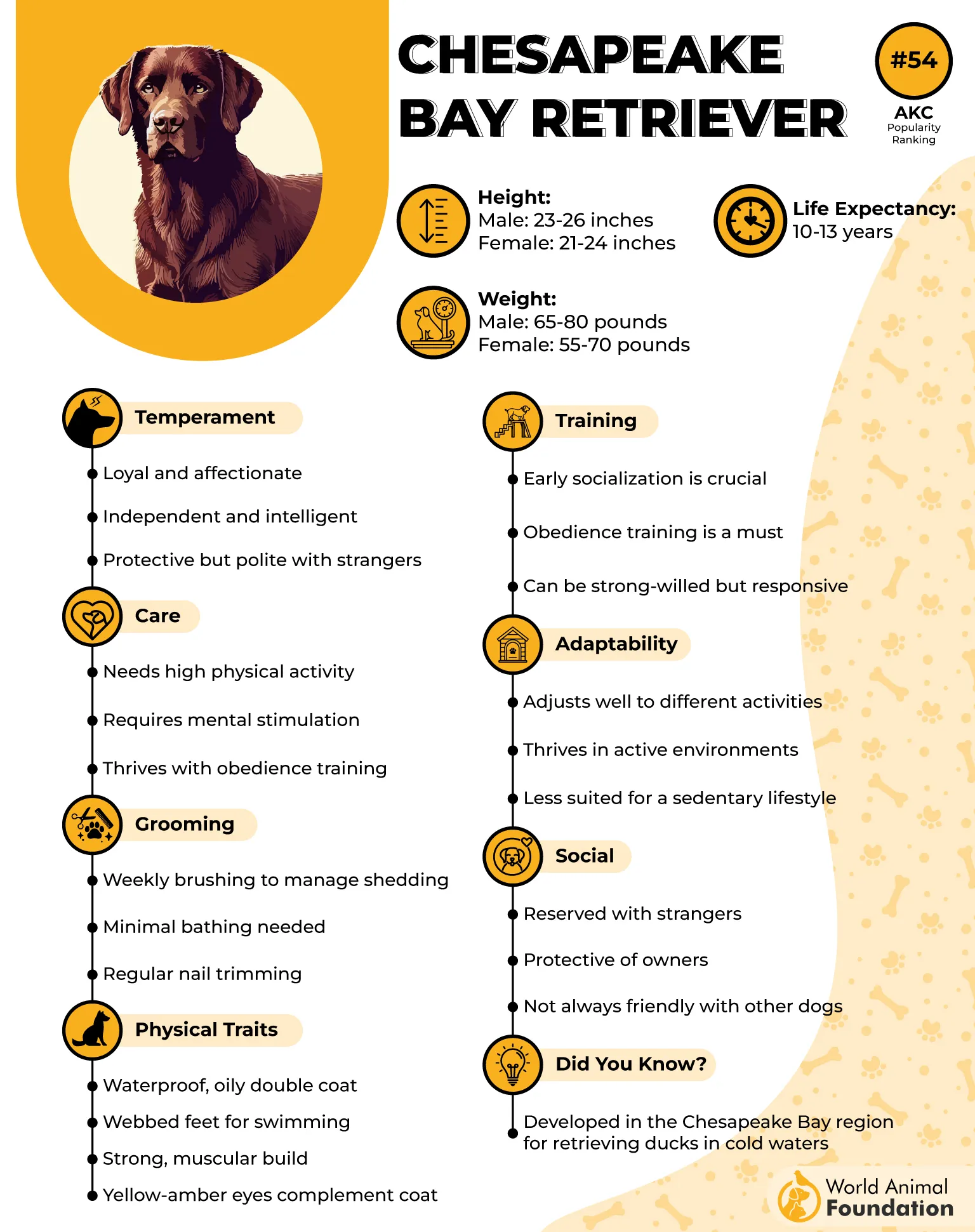
These dogs form incredibly strong bonds with their families, making them not just excellent hunting dog companions but also loyal family dogs. They’re protective without being aggressive, and they’ve got that special ability to read their owner’s mood and respond accordingly.
Why is Chesapeake Bay a Good Breed For Hunting? |
|---|
|
5. Bloodhound
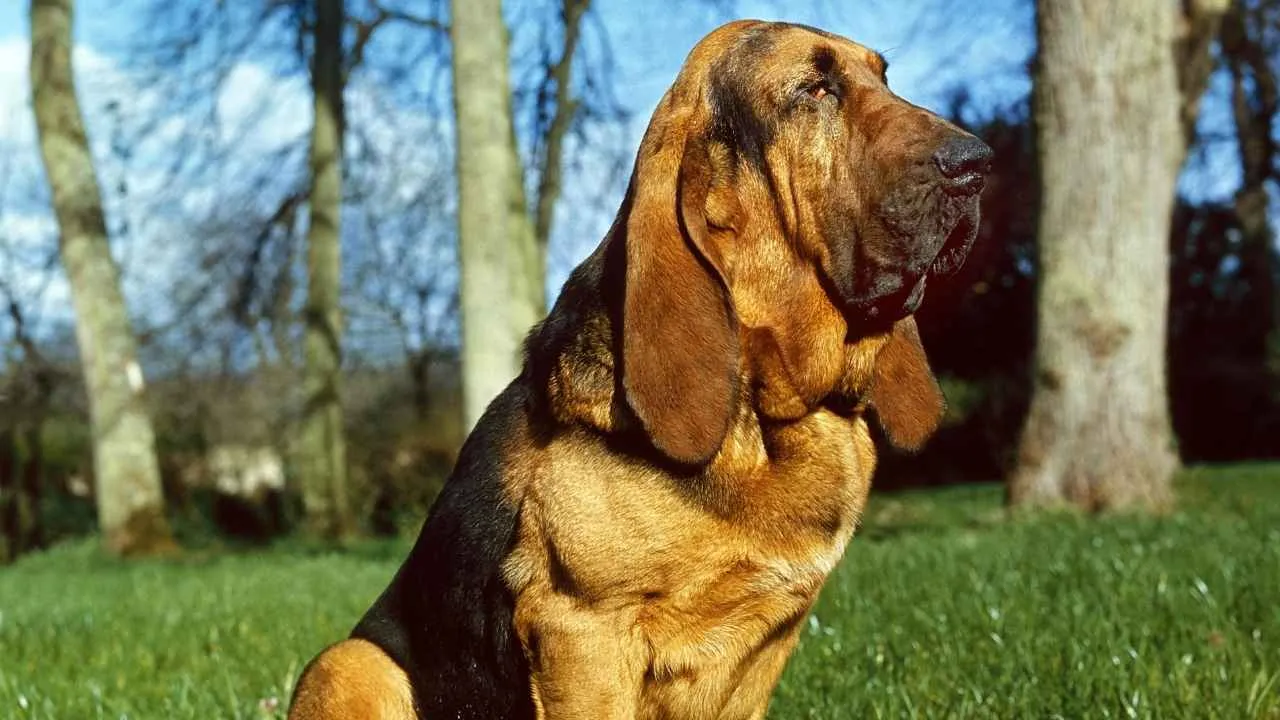
Size: 23-27 inches
Weight: 80-110 pounds
Lifespan: 10-12 years
Temperament: Gentle / Even-tempered / Determined
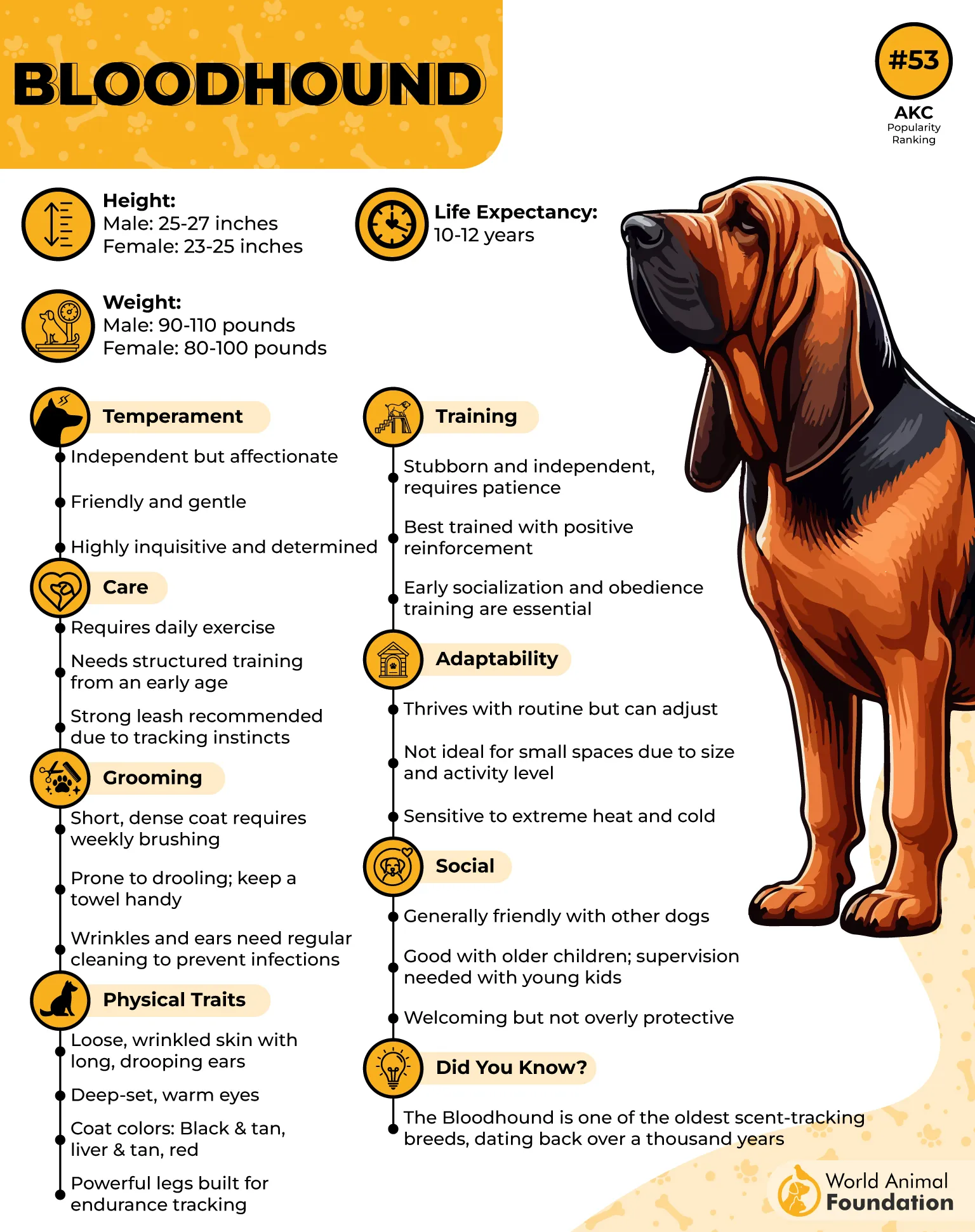
The Bloodhound’s origin story reads like something out of a detective novel. These incredible scent hounds were originally bred by monks in Belgium way back in the 1300s. The name “Bloodhound” doesn’t refer to their ability to track blood; it comes from their “blooded” or aristocratic breeding.
Bloodhounds have up to 300 million scent receptors in their nose, 40 times more than humans
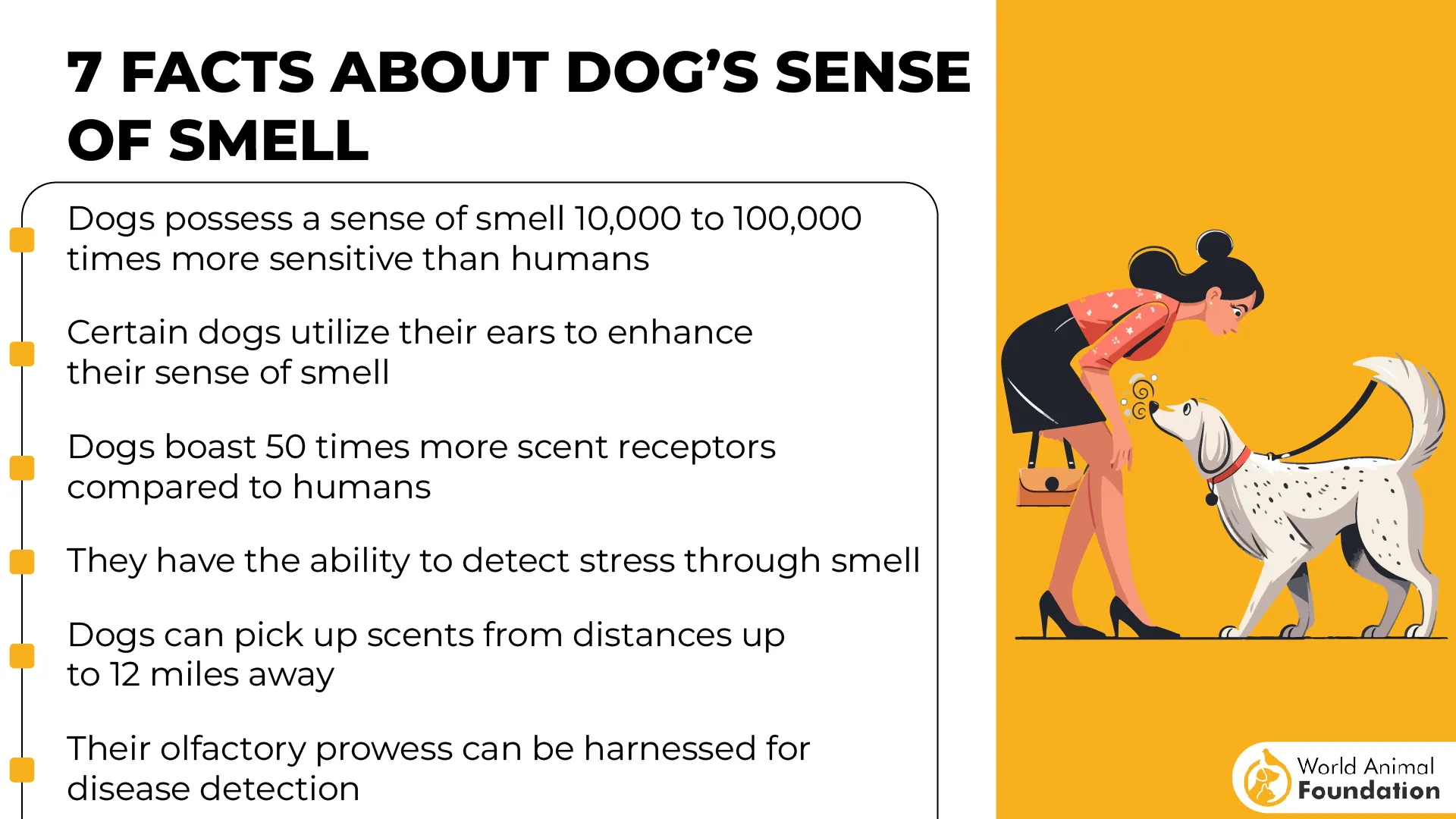
The American Kennel Club recognizes Bloodhounds as one of the most skilled tracking breeds, and law enforcement agencies worldwide rely on their incredible abilities. For hunters, they’re particularly valuable for tracking wounded deer or other large game across difficult terrain.
Why is Bloodhound a Good Breed For Hunting? |
|---|
|
6. Boykin Spaniel
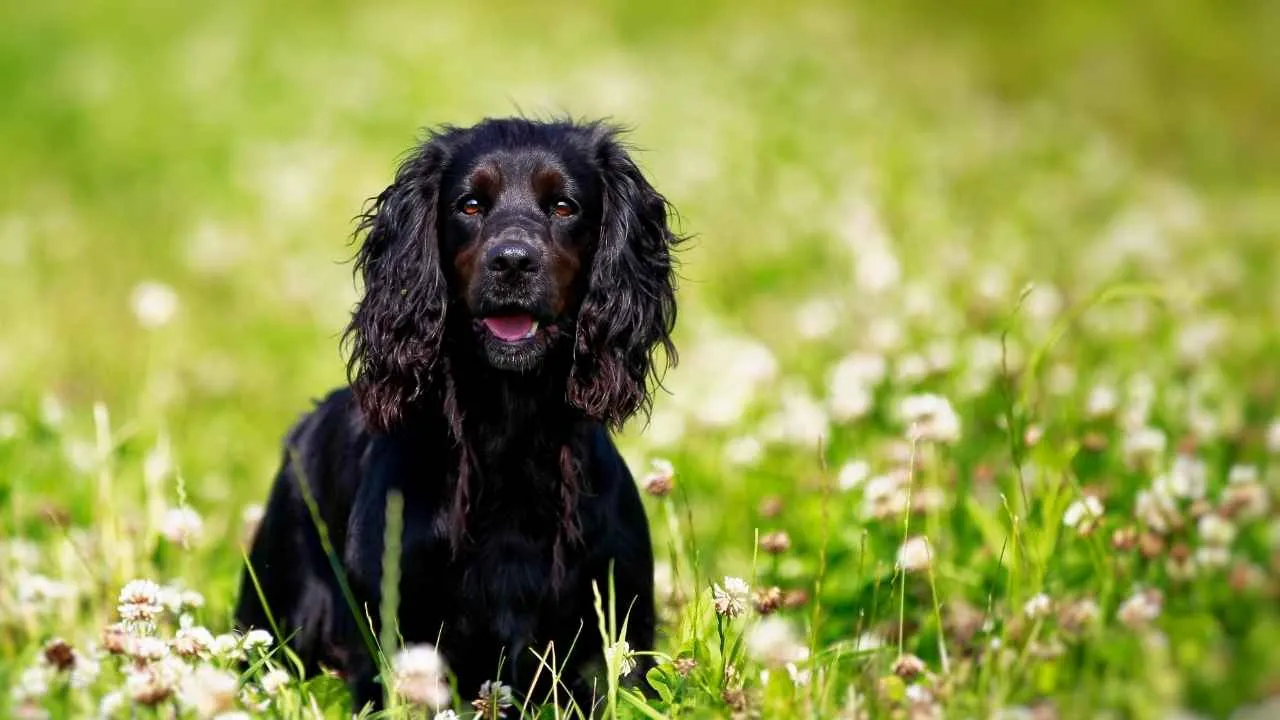
Here’s a breed that doesn’t get nearly enough credit – the Boykin Spaniel is South Carolina’s official state dog, and these medium-sized hunting machines are absolute gems in the field. What makes them special is their incredible versatility as both flushing dogs and retrievers.
They were originally bred to hunt wild turkeys and ducks in the swamps of South Carolina, and they’ve got the skills to prove it. According to Hill’s Pet, the Boykin Spaniel was specially developed in South Carolina for hunting wild turkeys and waterfowl, making it a uniquely American sporting breed.
The Boykin’s thick coat gives them excellent protection in dense cover and cold water, but it also means they need regular grooming to prevent matting. Their coat comes in rich shades of brown, from liver to dark chocolate, and many hunters swear these dogs blend into the landscape better than any other sporting breed.
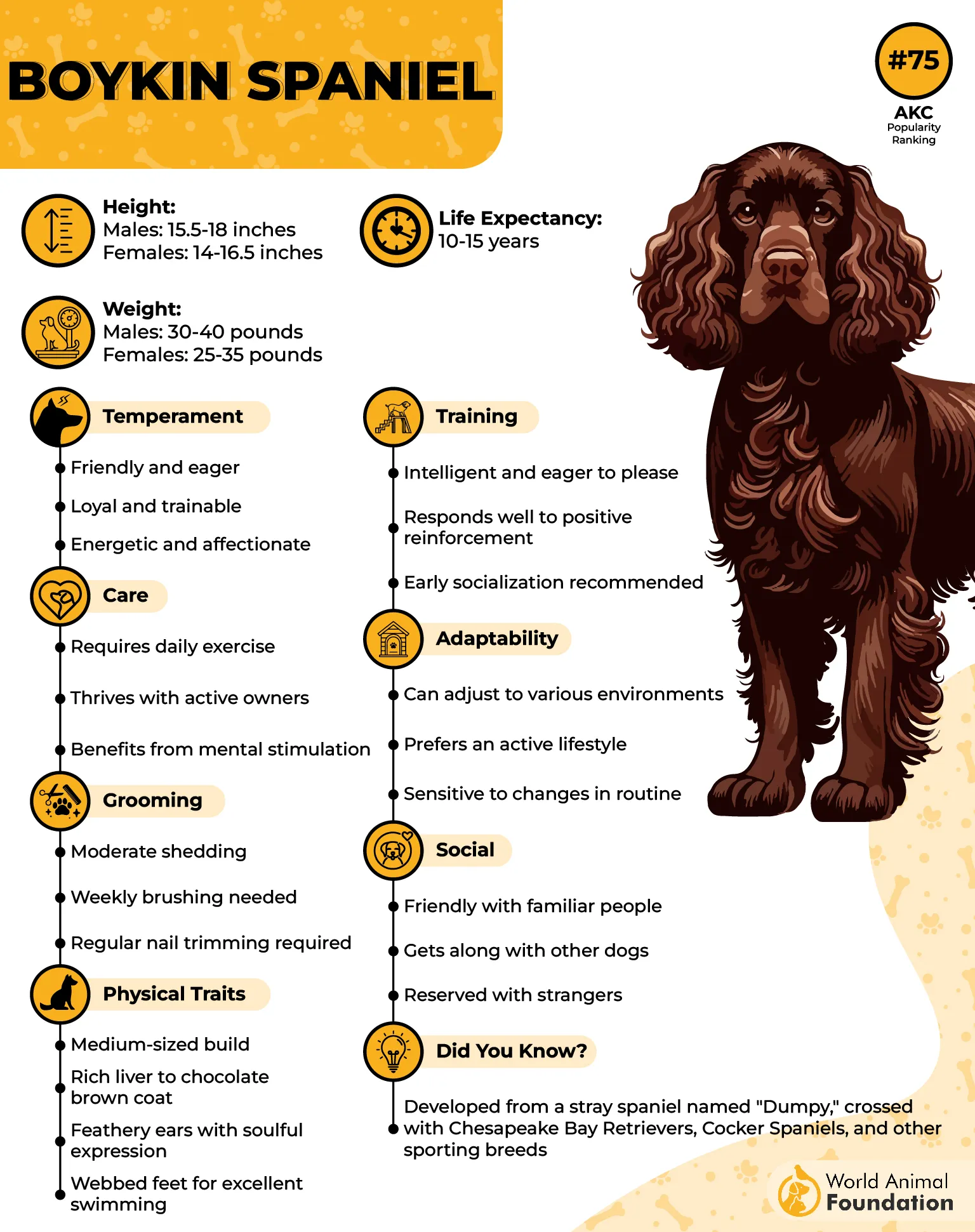
What sets Boykin Spaniels apart is their ability to work in tight quarters. Unlike some of the larger hunting breeds, they’re perfectly suited for small boats and dense cover. They’re also excellent family companions, with a gentle nature that makes them great with kids while still maintaining their hunting edge.
Why is the Boykin Spaniel a Good Breed For Hunting? |
|---|
|
7. Beagle
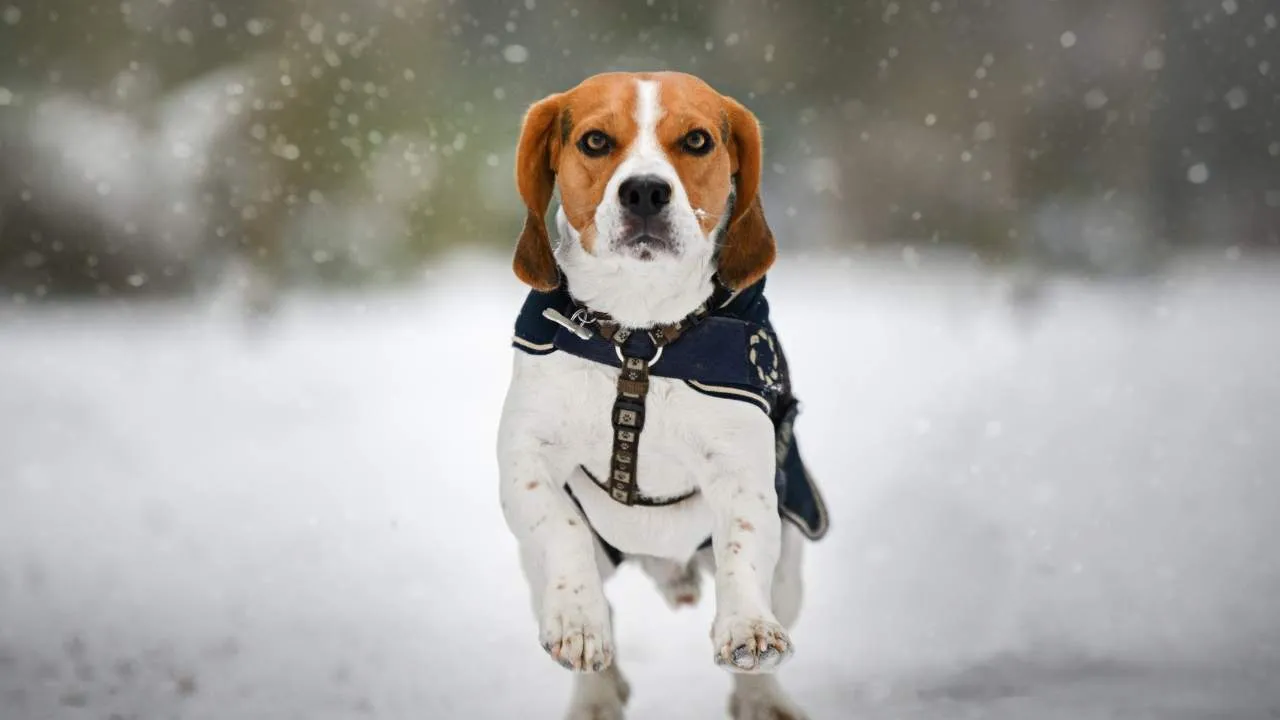
The breed’s origin traces back to England, where they were developed for hunting hare and rabbit. English hunters needed a dog that could work in packs, following scent trails at a pace that hunters on foot could keep up with.
Britannica reports that Beagles are naturally vocal, especially when lonely or untrained. While they’re good watchdogs, their friendly nature makes them less effective as guard dogs.
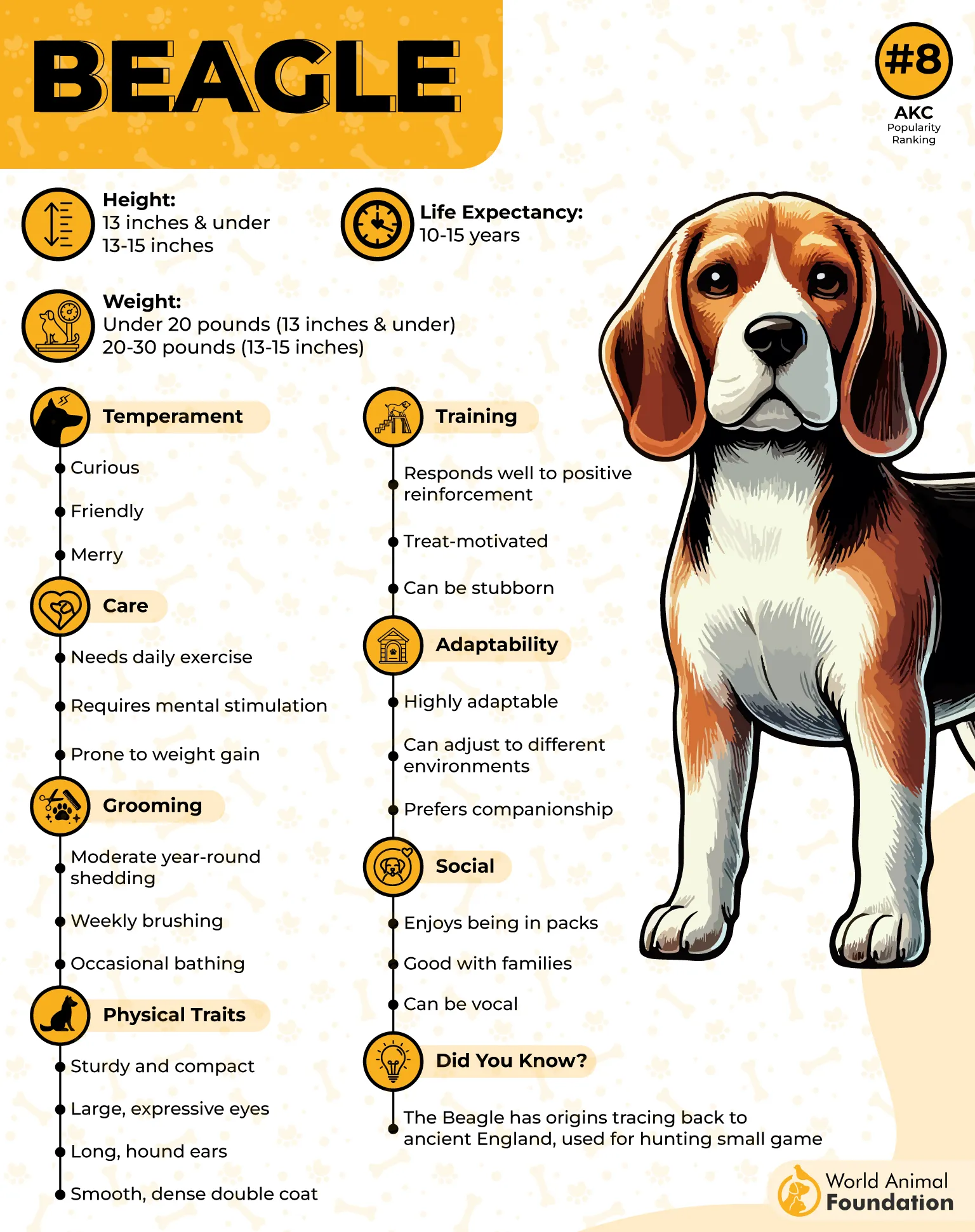
Energy-wise, Beagles hit that perfect sweet spot. They’ve got enough drive to work all day in the field, but they’re not so high-strung that they’ll bounce off the walls at home. Their stamina is impressive for such a small package – these dogs were bred to hunt all day.
Why is the Beagle a Good Breed For Hunting? |
|---|
|
Top Tips To Train Your Hunting Dog
|
Conclusion
Remember, the best hunting companion isn’t necessarily the most expensive or the most exotic breed. It’s the dog that matches your hunting style, living situation, and commitment level. These dogs have high energy and long stamina that enable them to work with you for longer periods.
Whether you’re after a duck-retrieving machine for waterfowl hunting or a steady pointer for upland bird work, there’s a breed on this list that will fit the bill. These hunting dogs not only offer you company but also provide you with protection while in the open.


